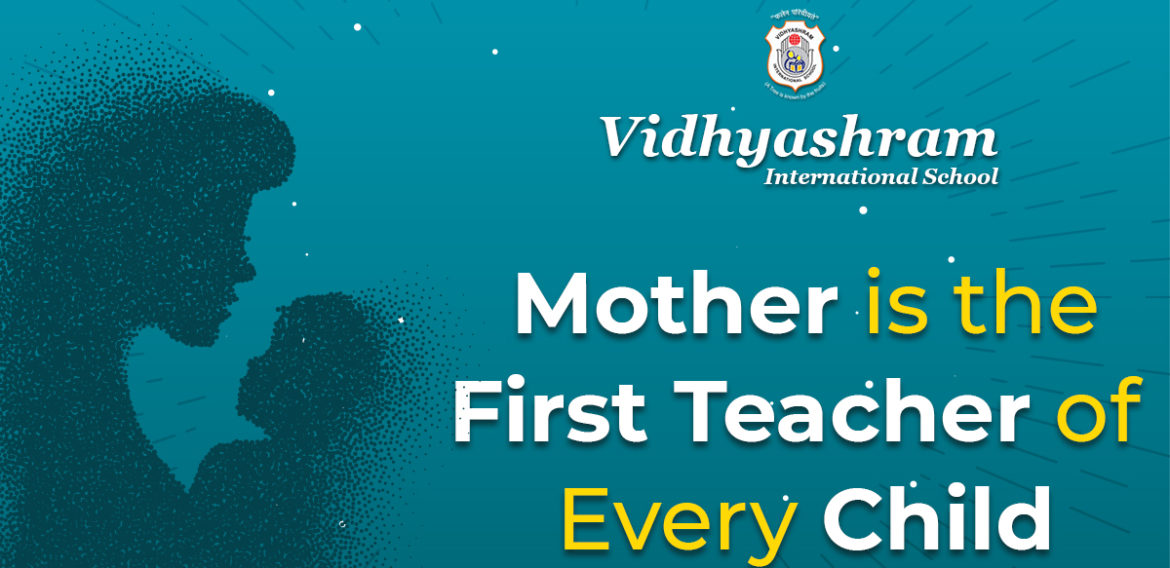Mother is the First Teacher of Every Child
The mother is the first teacher of the child. The message she gives that child, that child gives to the world.”— Malcolm X
Mothers are life-givers; they teach you to walk without support, hold you when you fall, and understand you when the world doesn’t. A mother plays the role of a child’s first teacher, and her teachings will guide you throughout your journey of life. Every child learns from their mother; when you are a kid, you look at her and try to impersonate her; and learn to speak, act and respond like her.
A mother in her journey of bringing up the child makes many sacrifices on the way, and through those instances, a child learns to grow up to be caring and compassionate towards other human beings. She feeds your soul, intellect, humanity and aids you through life. But, being a child’s first teacher is not as easy as it sounds, and with it comes big responsibilities.
Importance of Being the Child’s First Teacher
Help Develop Secure and Trusting Attachments
When a mother nurtures the child, it gives the kid an optimal foundation for life. A foundation that not only builds trust and a willingness to learn but also gives the child a healthy sense of self-awareness and consideration for others.
This form of attachment helps to provide a secure base for the child to explore the outside world confidently, as they have a sense of security that mothers will support them if anything happens.
Helps Establish Values and Morals
Mothers are the key teachers of all moral values and attitudes that the child will later display. The child looks up to his mother in everything she does. Hence the mothers help to establish respect, kindness, courage, honesty, self-discipline, perseverance, compassion and many more values. By instilling these values in the kids, mothers protect them from the negative societal influence. These moral values also lay the groundwork for the child to understand the difference between right and wrong and to contribute positively to society.
Helps Develop Early Literacy and Numeracy Skills
The crucial skill of literacy is learned at a very young age. A child can understand and use language spoken around them without any formal teaching.
From the day of their birth, talking to the child has a great impact. From the first babbles to lullabies, the exchange of words is important for language development.
Reading stories aloud, pointing to the words and symbols, encourage the child’s interest in different activities from a very young age. Mothers tend to talk to them about the surroundings and ask questions to which the kids learn to respond through gestures and actions; this critically enhances their language abilities and ensures that they become good readers and confident communicators.
Helps Develop Emotional Awareness
Children learn to understand and express their emotions through mothers. When they are infants, they notice how their mothers handle their own emotions. So, when mothers teach the child to express emotions in different ways, as when to smile, when to say a no, and how to respond to the emotions of others. It encourages the growth of an emotionally healthy and morally sensitive child.
The mother not only gives life to the child; it lights the lamp of the soul. She nourishes and prepares the child for life. Preparing the child for life-long learning starts the minute she gives birth to the child. The education doesn’t begin when the child goes off to kindergarten. It begins at home with mothers.









